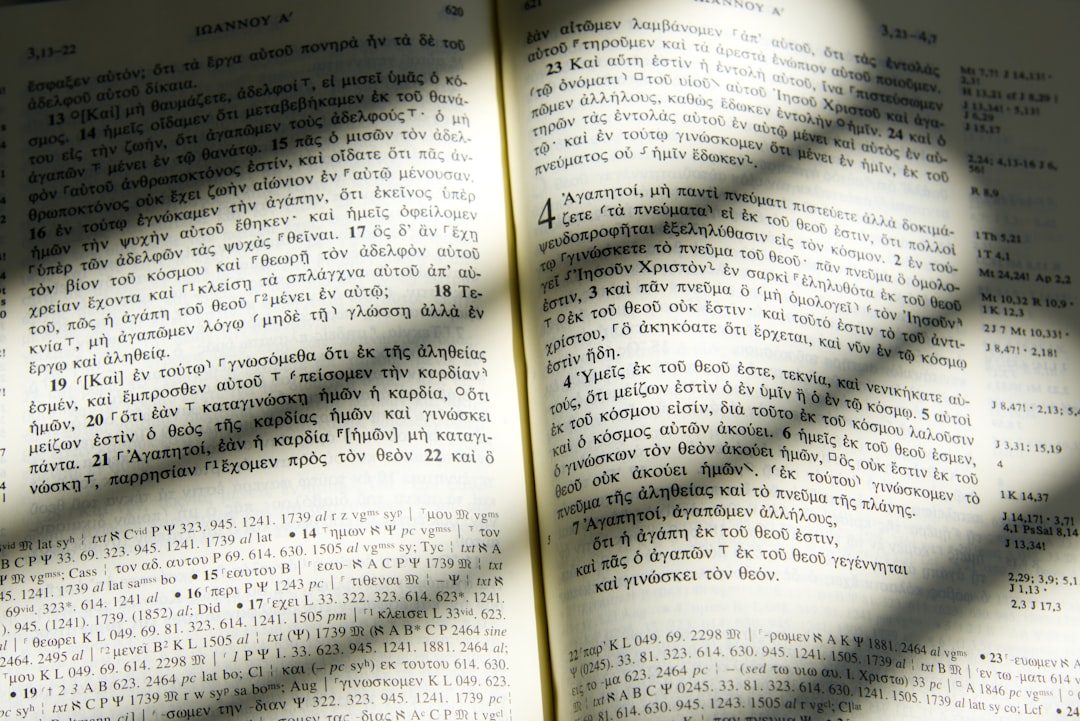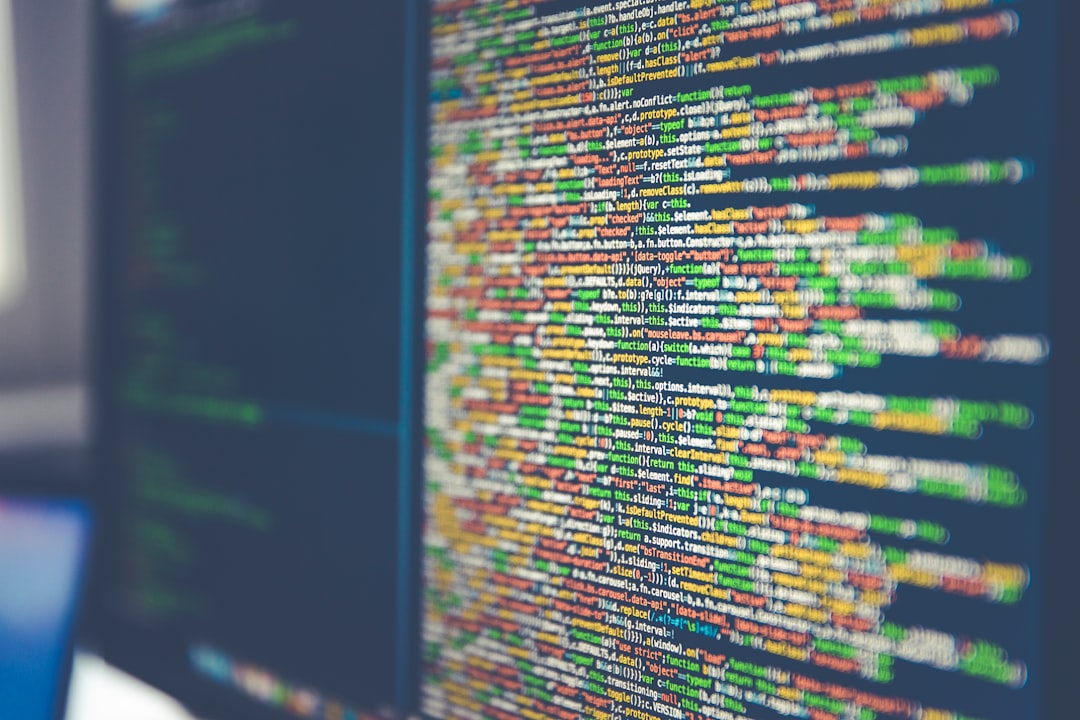What is it about?
Code switching is a practice exercised by multilingual speakers. Linguists define the term as the simultaneous use of more than one language. Code switching is prevalent in postcolonial countries in which the colonial language has continued to exist alongside the native language. In the past, code switching in the Arab world has been confined to those educated in the missionary schools set up by the colonial powers. However, with the changes of media, its domain has grown to include a larger number of people. The linguistic-anthropologist Edward Sapir's hypothesis of linguistic relativity has stressed the important role that language has played in the formation of the individual. I partly look at the role of the Arab media and its effect on identity formation drawing on postcolonial theory to situate the practice of code switching historically.
Featured Image

Photo by Joanna Kosinska on Unsplash
Why is it important?
Effects on the use of the Arabic language and on identity.
Perspectives
I believe media have a great influence on the formation of identity. The use of code switching with Arabic has undermined the identity of people.
Dr Hania A.M. Nashef
American University of Sharjah
Read the Original
This page is a summary of: , hello and bonjour: a postcolonial analysis of Arab media's use of code switching and mixing and its ramification on the identity of the self in the Arab world, International Journal of Multilingualism, August 2013, Taylor & Francis,
DOI: 10.1080/14790718.2013.783582.
You can read the full text:
Resources
Contributors
The following have contributed to this page










